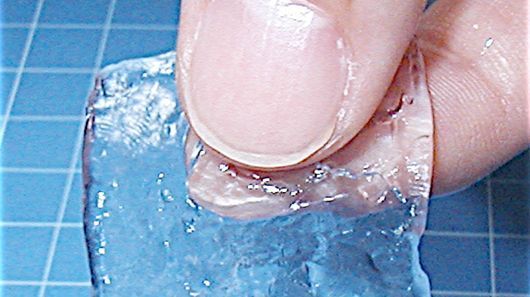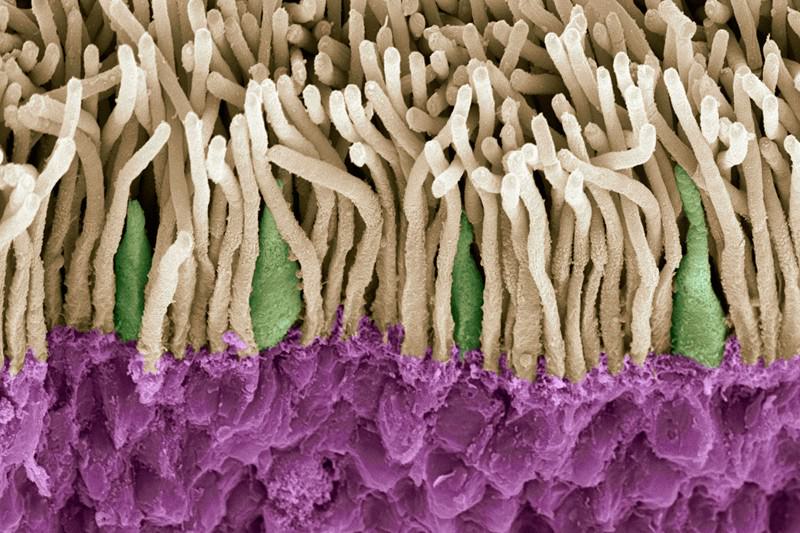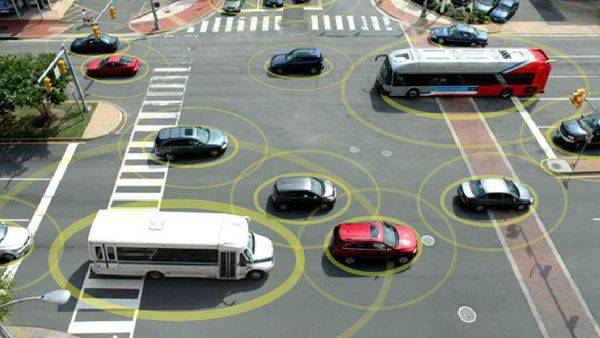Aug 15, 2015
Temperature-controlled hydrogel can walk
Posted by Shailesh Prasad in category: materials
Scientists have developed a new hydrogel that stretches and contracts just like an artificial muscle. The team created an L-shaped object made out of the hydrogel and immersed it in a water bath. When the water’s temperature was varied, it slowly “walked” forward.
The researchers at the Riken Center for Emergent Matter Science in Japan got the hydrogel to move by tweaking its properties. Polymers like hydrogels carry large amounts of water within their structure which gives them the capacity to respond to variations in environmental factors such as acidity, voltage and temperature. Typically, this response time is quite slow, as the hydrogel must excrete or absorb water to correspondingly shrink or expand.
The Japanese scientists altered the new hydrogel to enable it to contract only in one dimension while expanding in another. Since the hydrogel doesn’t contract equally in every direction, it’s able to alter its shape without absorbing or excreting any water. To test the hydrogel’s properties, the team created an L-shaped polymer and changed the temperature repeatedly to observe its response.

















